News
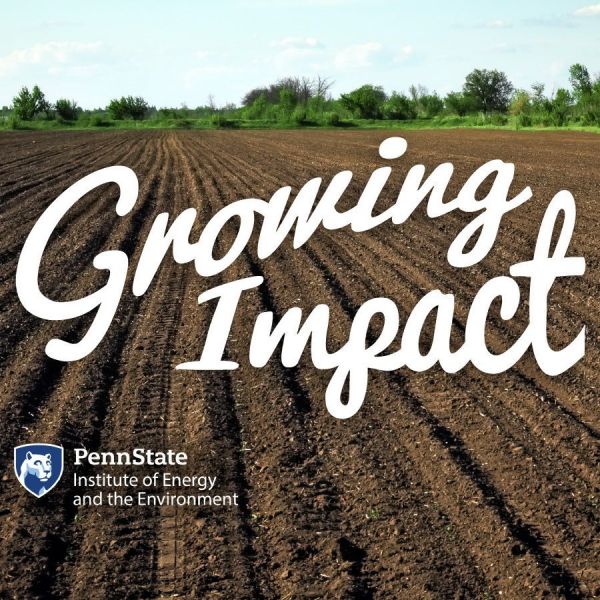
Apr 01, 2025
Researchers working to address agricultural greenhouse gas emissions
On the latest episode of “Growing Impact,” a team of Penn State researchers discusses how their seed grant project aims to address nitrous oxide emissions from the agricultural sector by developing a system for real-time emissions monitoring and reduction.
Full Article

Mar 18, 2025
BioArtist Mellissa Monsoon to present 'Collaborating with Microbes'
The One Health Microbiome Center and College of Arts and Architecture are co-hosting three events as part of a multi-year SciArt collaboration.
Full Article

Mar 17, 2025
Ag Sciences research institute SAFES funds projects addressing critical issues
Penn State’s College of Agricultural Sciences, through its Institute for Sustainable Agricultural, Food and Environmental Science, known as SAFES, announced funding awards to accelerate the advancement of its Critical Issues Initiatives. These initiatives serve as the college’s impact hubs, addressing urgent and high-impact challenges through targeted efforts and innovative projects.
Full Article
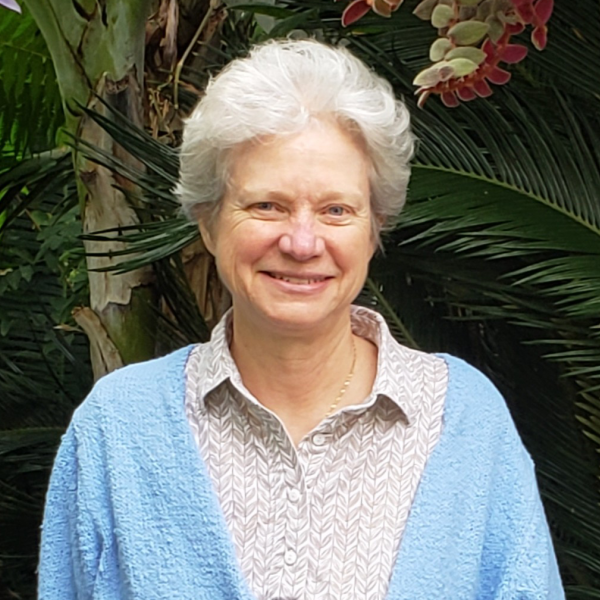
Mar 14, 2025
Plant biologist awarded the Masatoshi Nei Innovation Prize in Biology
Sarah Assmann, Waller Professor of Plant Biology at Penn State, has been awarded the Masatoshi Nei Innovation Prize in Biology. The award was established through a generous gift from Masatoshi Nei, professor emeritus of biology at Penn State; Laura Carnell, professor of biology at Temple University; and Nei’s wife, Nobuko Nei. The prize is intended to recognize a preeminent scientist who is on the faculty at Penn State, is an innovator in their field, and has achieved outstanding scientific research and leadership in the biological sciences.
Full Article
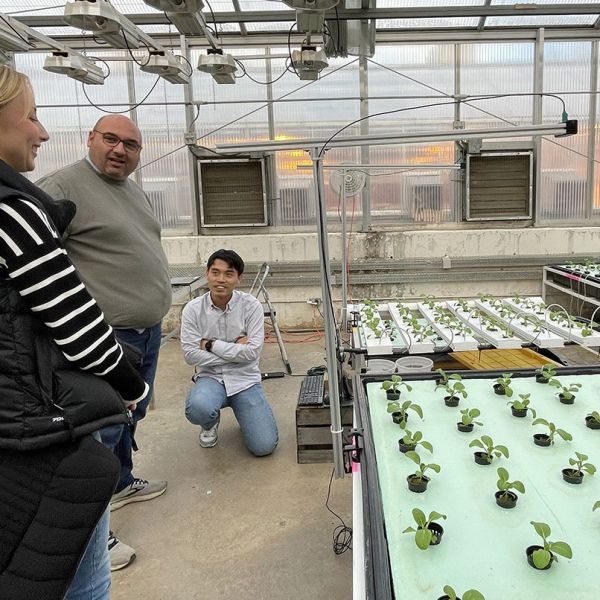
Feb 28, 2025
New computer vision system can guide specialty crops monitoring
The technology applies an internet of things and artificial intelligence to enhance controlled environment agriculture in advanced greenhouse scenario.
Full Article
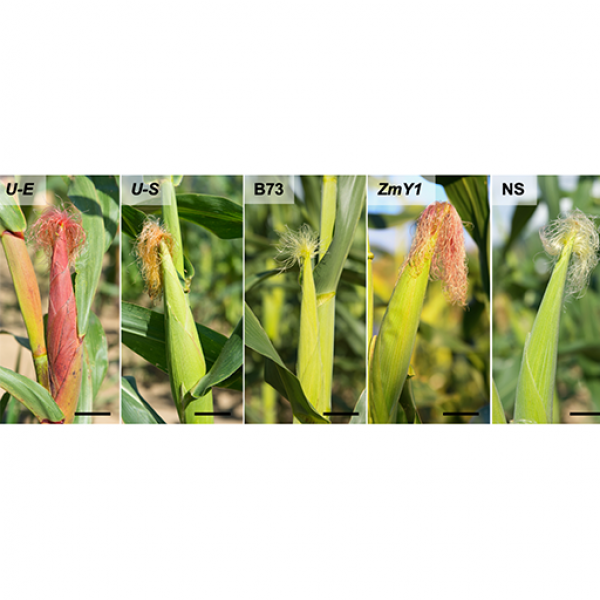
Feb 20, 2025
Select corn lines contain compounds that sicken, kill major crop pest
The compounds, called flavonoids, have an insecticidal effect on corn earworm larvae.
Full Article
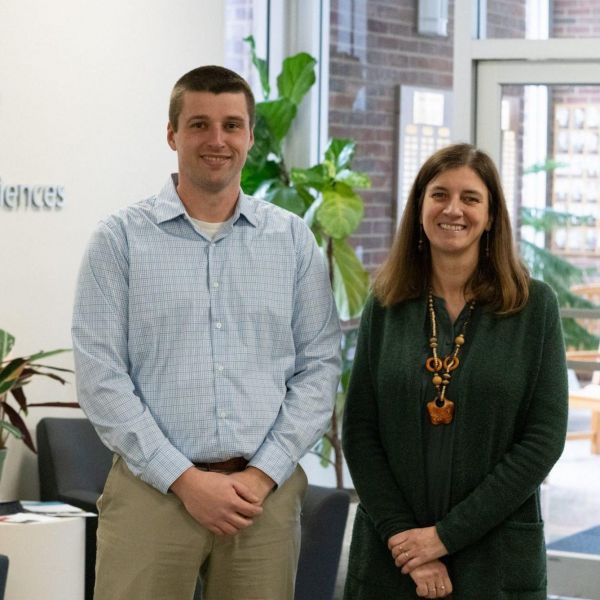
Feb 18, 2025
Growing people and forests: The power of undergraduate research
Mont Alto program coordinator partners with former mentor to support undergraduate research opportunities.
Full Article
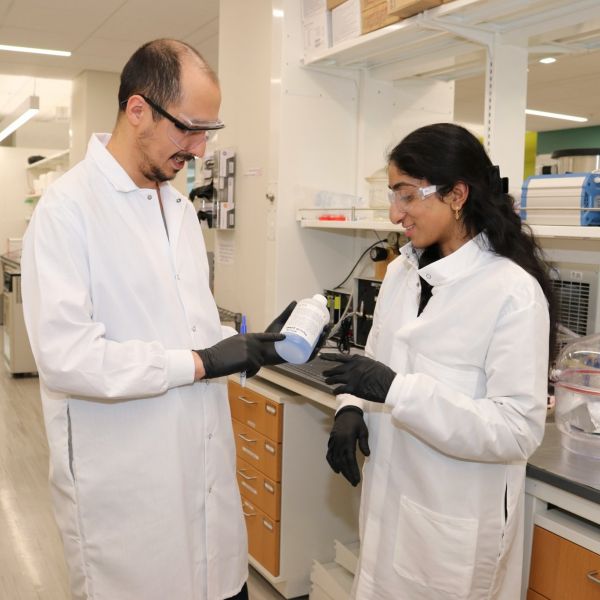
Feb 11, 2025
Sustainable Labs Program increases participant engagement, welcomes new labs
Two upcoming virtual sessions will cover how labs can learn more and join next year’s cohort.
Full Article
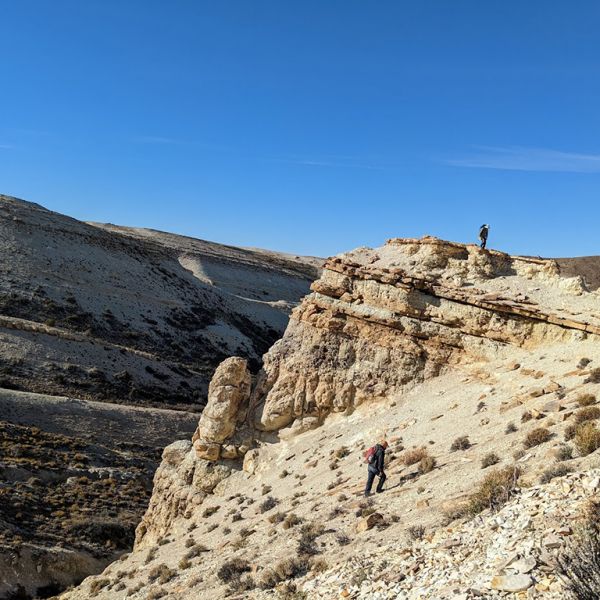
Feb 05, 2025
Fossils show leaf-eating insects tracked gum trees for millions of years
New study reveals surprisingly consistent insect feeding damage on fossils from Argentina and modern gum tree leaves from Australia.
Full Article
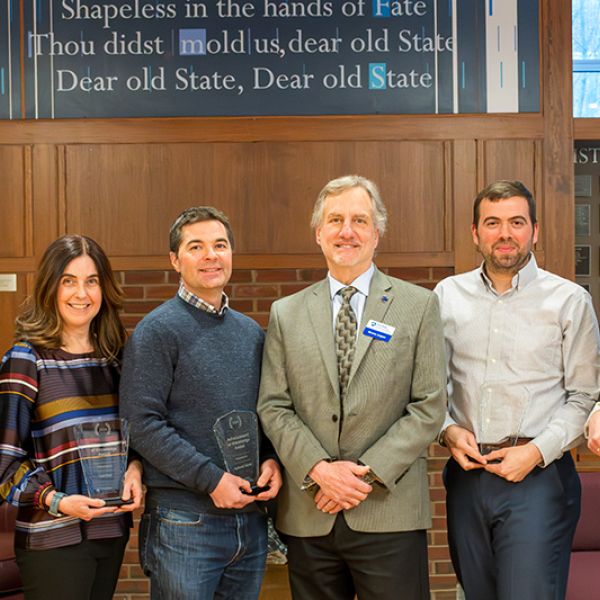
Jan 28, 2025
Researchers recognized for excellence by Institute of Energy and the Environment
The Institute of Energy and the Environment recognized six Penn State faculty members for their research excellence.
Full Article